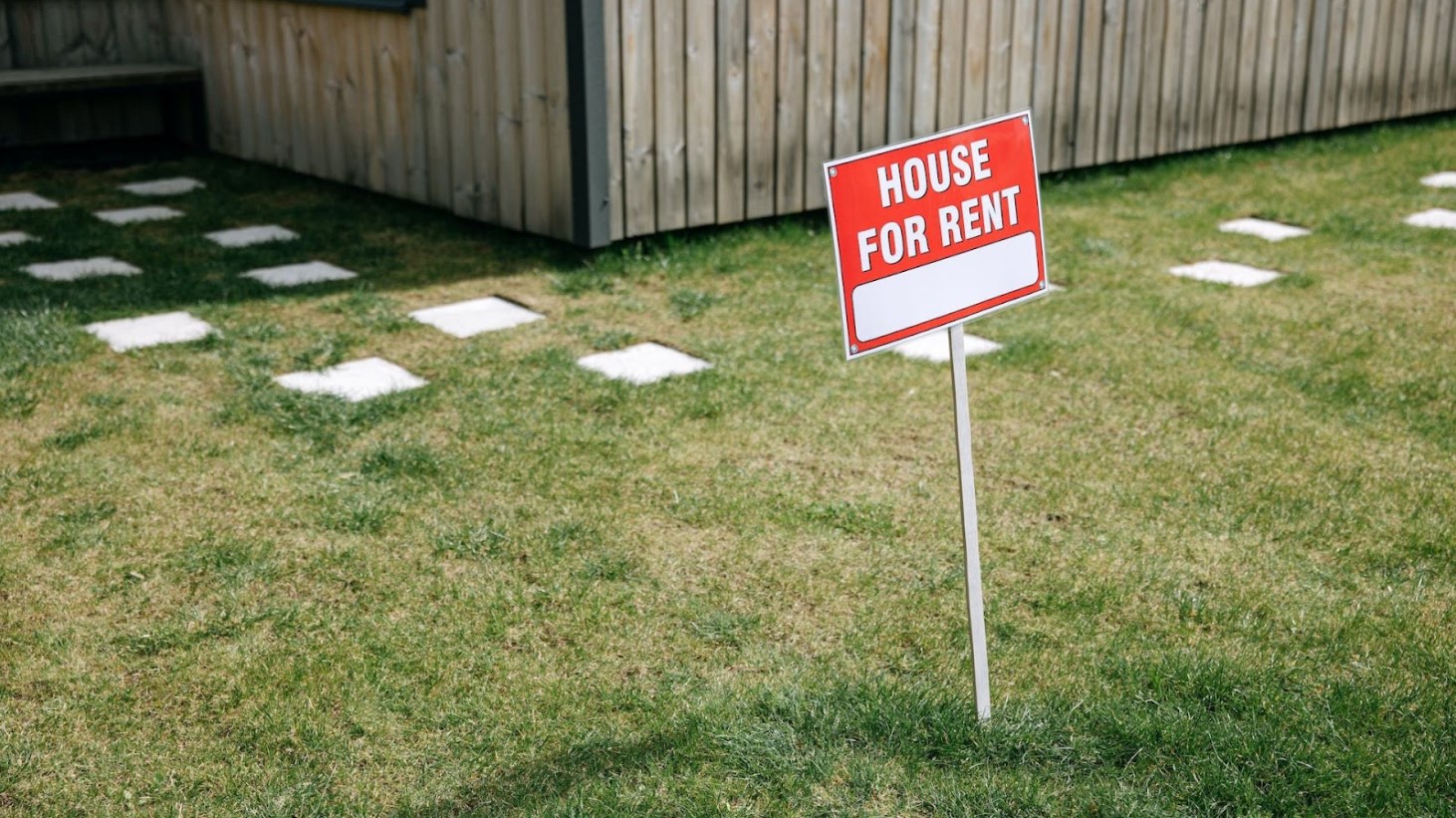In the United States, the cost of living continues to escalate, causing distress among renters. According to a study by Intuit Credit Karma, almost a quarter of American renters are unable to afford their rent.
This situation is pushing roughly one in five (19%) individuals to consider moving back with parents or friends.
Homeownership: A Distant Dream for Many

The report by Intuit Credit Karma also reveals that homeownership remains an elusive goal for a significant portion of the American population. The data reveals that 48 percent of Americans do not own a home, making them vulnerable to rent price fluctuations.
Shockingly, the data also reveals that 46 percent of Americans believe that they will never be able to own their own home.
The Multigenerational Impact of Housing Costs

The housing crisis in the U.S. is not confined to any single age group. Courtney Alev from Intuit Credit Karma observed, “The current housing market has many Americans making adjustments to their living situations.”
This trend spans across generations, affecting individuals from Gen Z to Baby Boomers. Rising housing costs are forcing people to relocate or move back with their families, impacting the lifestyle choices of a wide demographic.
Housing Costs Consuming Majority of Income

Intuit Credit Karma reveals that the financial burden of housing is immense, with 57 percent of Americans allocating the majority of their income to cover housing costs. This leaves little room for other expenses, creating a precarious financial balance for many.
According to Courtney Alev, factors contributing to this situation include rising rent prices, inflation, higher borrowing costs, and credit card debts, compounded by the resumption of federal student loan payments.
Coping Mechanisms across Different Generations

The struggle with rent affordability is widespread across America, affecting individuals of all ages. “Rent affordability challenges plague Americans of all ages, yet coping mechanisms vary by generation,” explained Courtney Alev to Newsweek.
“Regardless of age, the current housing market has many Americans making adjustments to their lifestyles and living situations.”
A Competitive Market Driving Up Rent Prices

The housing market is experiencing intense competition, leading to a significant increase in rent prices. Real estate investor Erica Brenning described the situation to Newsweek as “a frenzied race where everyone is vying to secure a place to call home.”
She then explained, “The consequence? Skyrocketing rent prices, as individuals find themselves in fierce competition for the limited housing options available.”
The End of Pandemic Relief and Its Consequences

Newsweek reports that the termination of pandemic-era financial aid, like stimulus checks, has left many renters financially vulnerable.
Debt Consolidation Care attorney Loretta Kilday explained to Newsweek, “when this aid was terminated, many renters became financially vulnerable because they could not withstand the economic turmoil brought about by the pandemic.”
Relocating for Affordability

The escalating cost of living has prompted a significant number of Americans to move from high-cost areas to more affordable states.
Data from the U-Haul Growth Index revealed that Texas was the number one state that people relocated to. William Ruger from the American Institute for Economic Research told GoBankingRates “even controlling for the most common reasons people move, economic freedom is a significant reason that some states like Florida, Texas and Tennessee are attracting new residents while other states that rank low for economic freedom like New York, New Jersey and California are creating conditions that motivate people to vote with their feet and leave.”
Shifts in Housing Demands and Consumption Habits

As more people consider moving back with their families, this is likely to cause substantial changes in housing demands and consumption patterns.
Jonathan Faccone, the founder of HALO Homebuyers, mentioned to Newsweek that this shift could potentially lead to a decrease in demand for rental properties, possibly resulting in lower rent prices.
Challenges in Property Ownership

Accessing property ownership is increasingly challenging, particularly for younger generations.
Syed Lateef, the CEO and real estate investor at SyedBNB, told Newsweek, “the population continues to grow, but a significant portion of housing is controlled by older generations and institutional investors.”
Fluctuations in Rent Growth

Newsweek reports that the rental market has seen significant fluctuations, with rent growth peaking at 18 percent year-over-year in 2021.
Although the current rates have moderated, rent is still expected to increase by 0 to 2 percent in 2024. These variations in rent growth reflect the dynamic and often unpredictable nature of the housing market.
An Evolving Housing Landscape

The American housing landscape is experiencing intense changes, influenced by economic factors and shifting demographics.
Renters of all ages are facing challenges, with many being forced to change their living situations drastically.
